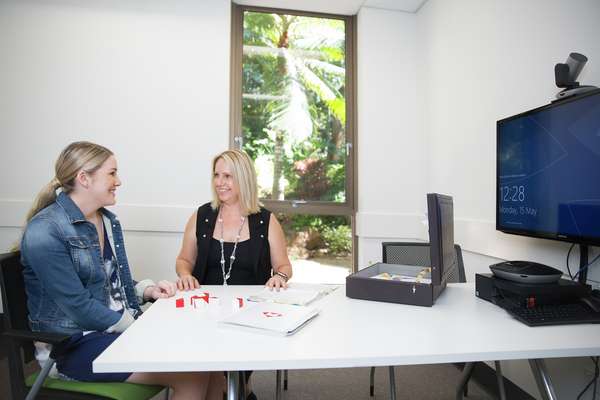First responders and paramedics provide emergency medical care and help those in need, during their toughest moments.
Get a headstart on your degree with our Start Uni Now (SUN) program. Study university-level units in Years 10, 11 and 12 at high school, and get a taste for uni life.
Start TAFE Now offers you the opportunity to study a range of TAFE courses while still in high school.
Learn about the different ways to apply for a course to determine the method that best suits your circumstances.
Get your questions answered with a one-on-one conversation. Choose a time to connect with us via a phone or video call, email or via social media such as Facebook Messenger.
Register for an upcoming event for answers to your questions about courses, the application process and all the info you need to start studying at CQU.
Discover rewarding careers in Allied Health and improve the well-being of others. Learn about courses that will help you reach your career goals.
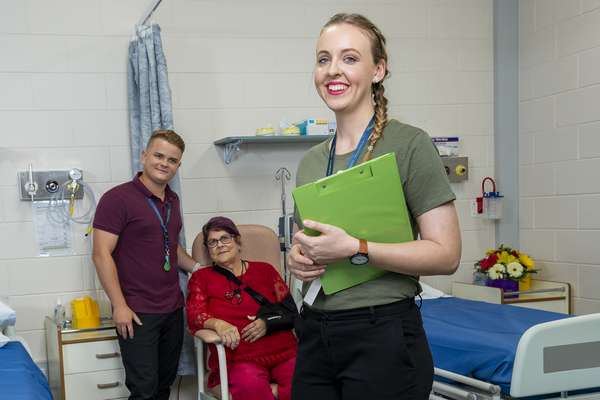
Explore rewarding careers and courses in diagnostic imaging for those passionate about helping people and interested in medical sciences.
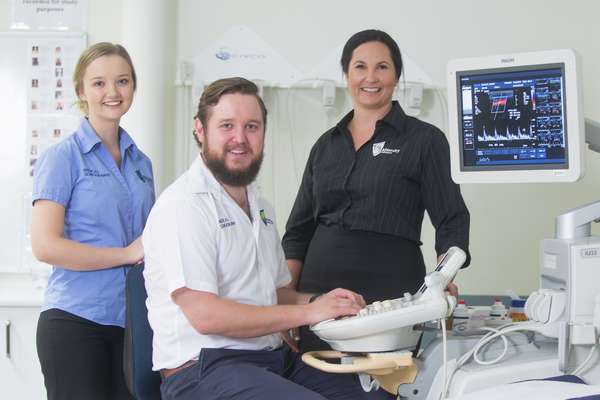
If you want to help others and investigate health issues, consider a career in medical sciences. Discover courses to help you reach your goals.
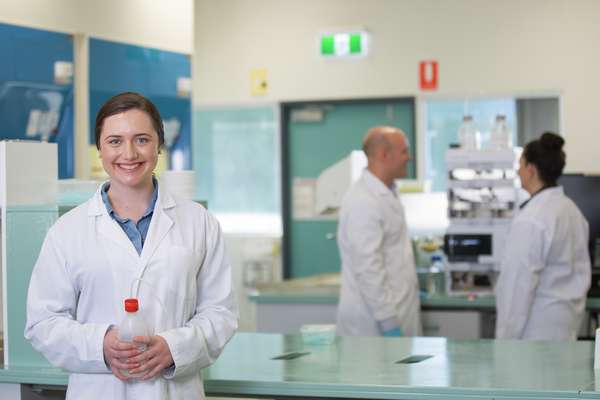
As a nurse, you will make a real difference in people's lives helping them improve their health and wellbeing.
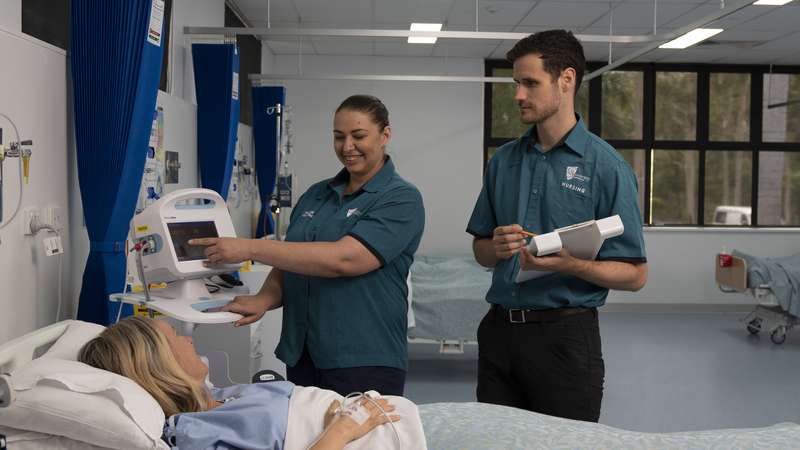
Intrigued by human behaviour and want to gain deeper insight? Explore careers in psychology and the courses that will help you reach your goals.
